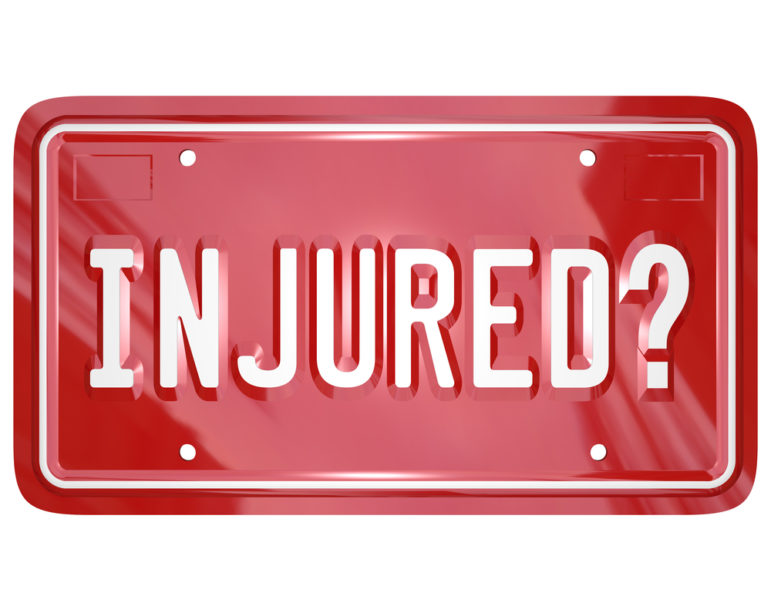Personal Injury Lawyer
While some personal injury cases do end up in court, many of them get settled before they reach the court. The reason for this is that a personal injury case of any kind may require a significant amount of time and money from each party.
For this reason, insurance companies may even offer you a settlement once you file your claim before you even consider talking to a lawyer. However, while a settlement may sound attractive at first, there are some considerations to have in mind before accepting an offer. That’s why we’ll break down whether or not you should accept a settlement.
What Should a Settlement Cover?
Sometimes there’s a misconception that a settlement following a personal injury case should only cover immediate medical bills and property damage (like in the case of a car accident). However, a personal injury settlement should cover a wide range of factors. Ultimately, there are two types of damages a personal injury settlement should cover: economic and non-economic damages.
What Are Economic Damages?
Compensation for economic damages refers to damages that are easily calculated. Some examples are:
- Both current and future medical bills
- Property damages
- Lost wages
- Out-of-pocket expenses
- In the case of wrongful death, funeral costs
What Are Non-Economic Damages?
While economic damages can more easily be calculated, non-economic damages can be harder to pin down. Examples of non-economic damages include compensation for:
- Pain and suffering
- An overall reduction in quality of life
- Temporary or permanent disfigurement which can range to burns to issues like blindness or being paralyzed
- A loss to one’s reputation
- The development of conditions like post-traumatic stress disorder (PTSD)
- Loss or reduction in sexual performance/reproduction
Punitive Damages
While rarer than economic and non-economic damages, there are also punitive damages. While the economic and non-economic are meant to make the victim feel whole, punitive damages are used as a way to punish the defendant and, in some situations, deter actions from similar parties. While often associated with entities like corporations, individuals can also be charged with punitive damages.
How a Lawyer Can Help
A lawyer can help in various ways. Most notably, they can help ensure you get the compensation and justice you deserve. Unfortunately, many insurance companies may attempt to “low-ball” a victim by offering an inadequate settlement that doesn’t begin to pay for all their immediate and future expenses. Some tactics insurance companies may use include:
- An unwillingness to negotiate
- Taking forever to respond
- Generally being unavailable
- Disputing medical claims/records
- Fully or partially denying liability
- Recommending you don’t seek legal counsel
A lawyer can apply legal pressure and force the insurance companies to negotiate with you. While an insurance company representative may sound like they’re unwilling to budge or “play ball”, chances are that their company would prefer to settle before going to court.
Regardless of the case, everyone deserves fair compensation following a personal injury. Having a personal injury lawyer on your side can make a huge difference. You can reach out to our friends at Greenspan & Greenspan P.C. to get started today!

